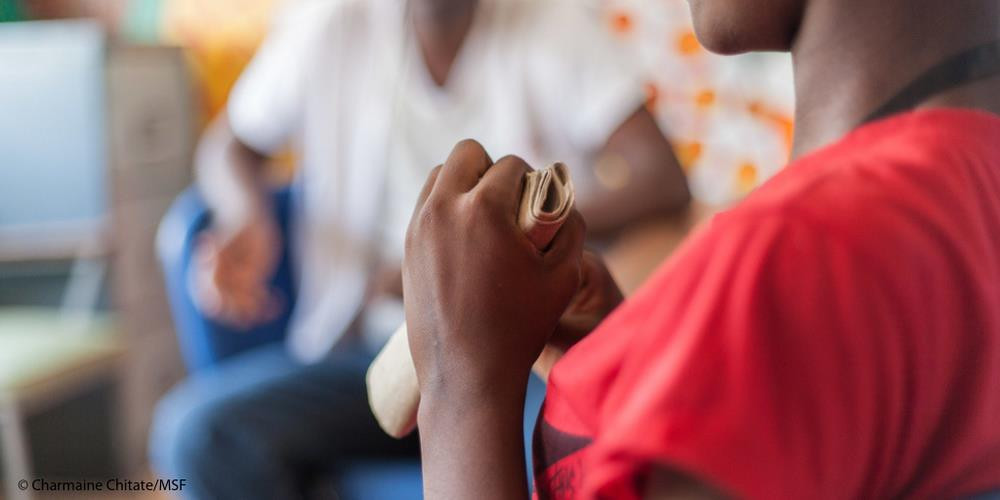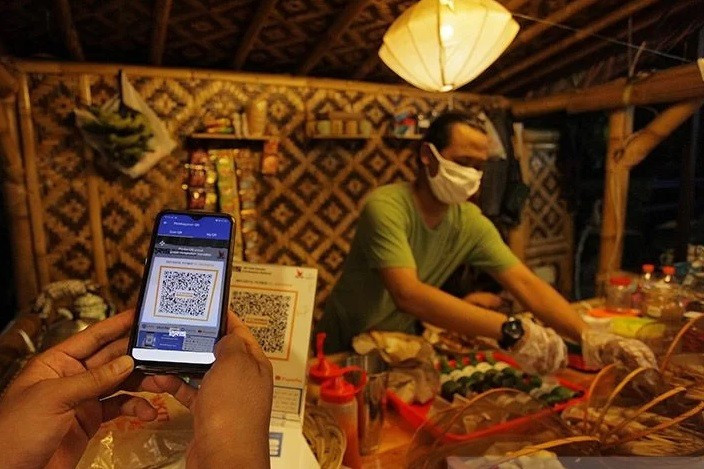Popular Reads
Top Results
Can't find what you're looking for?
View all search resultsPopular Reads
Top Results
Can't find what you're looking for?
View all search resultsMaking abortion legal
In Indonesia, abortion remains illegal, except for in cases of rape or to save the mother's life, as stipulated in the 2009 Health Law.
Change text size
Gift Premium Articles
to Anyone
T
he United States Supreme Court recently overturned the constitutional right to abortion, reversing a nearly 50-year-old precedent that had been a milestone in the struggle for women’s rights in the country.
In the 1973 Roe vs. Wade ruling, the court found that the petitioner, who was known for the purposes of the proceedings as Jane Roe, had a right to end her pregnancy in Texas and established guidelines for legal abortion throughout the country. But the precedent continued to be challenged thereafter.
The current court, which is controlled by justices nominated by Republican presidents – three of whom by Donald Trump – overturned the 1973 decision on Friday, stunning the nation.
In an increasingly divided world, the major setback in women's rights and protections in the US – one of the greatest champions of liberalism – gives the rest of the world a sinking feeling. If things are regressing in the US, it becomes harder to expect better protection for women in other parts of the world.
In Indonesia, abortion remains illegal, except for in cases of rape or to save the mother's life, as stipulated in the 2009 Health Law. But in practice, only a few women have been allowed to terminate their pregnancies legally. This is because of the arduous eligibility requirements and procedures set by authorities.
Very little research has been done on abortion in Indonesia, but a 2008 study by the Guttmacher Institute, a pro-choice research group, estimated that about 2 million abortions occurred annually in the country. The group also found that most abortion seekers were married, above the age of 20 and that few were using contraceptives. About 54 percent of abortion seekers were high school graduates, and 21 percent were trade school or university graduates.
The group estimated that unsafe abortion caused 14 to 16 percent of Southeast Asia’s maternal deaths.
Women’s rights activists have also noted that the recently passed Sexual Violence Eradication Law has not made it easier for women to get an abortion, making it a weak tool to protect rape victims.
But there is hope in the ongoing deliberations on the revised Criminal Code. Although the draft revision maintains that abortion is a crime, it allows exceptions for rape survivors, provided that the fetus is less than 12 weeks old, and for women with life-threatening medical conditions. These changes are to bring abortion rules closer to what was stipulated in the 2004 Medical Practice Law.
In our conservative country, there is still a very long road ahead to achieve many of the most basic protections for women. The Criminal Code revisions provide a glimmer of hope, but for those hopes to be realized, everyone – not just activists and feminists – need to make it their collective mission.











